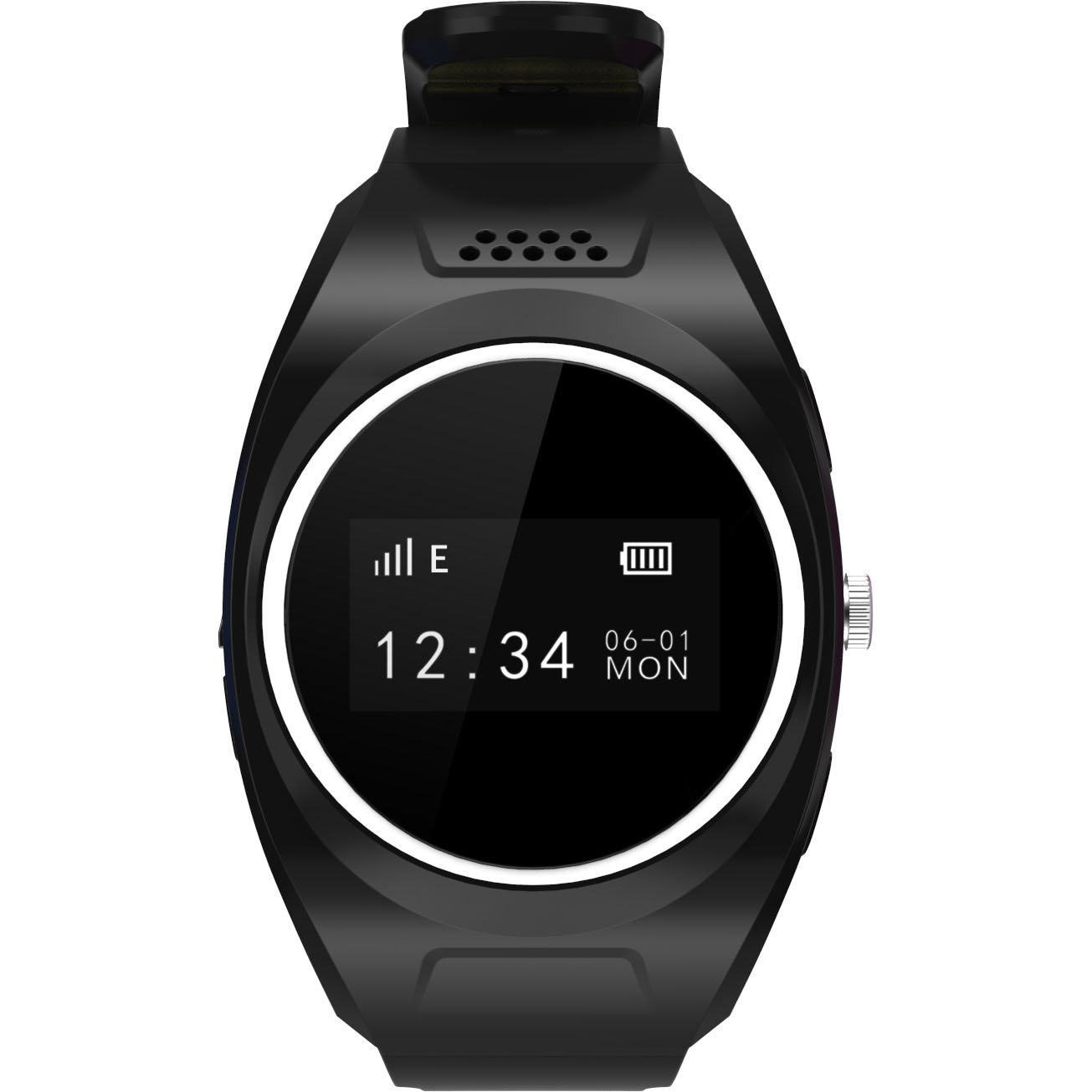

We’ve had clients use their devices to de-escalate a situation by calling security to step in before a fight ensued. Call immediate attention to rowdy groups or tense situationsįull-service hotel workers with restaurants and bars that are open late know the moment an incident is escalating, and silent alarms and other panic button technologies allow employees to call for assistance without exacerbating the situation. Here, this button has the power to summon help when other technology may not be available.ĥ. However, there are perhaps more serious issues that can be avoided by the use of panic buttons, such as getting locked in a walk-in freezer or getting stuck when electric doors or fail to work correctly.

For example, we’ve heard of a story of a staff member who was locked in a linen closet without their phone and was able to use their panic button to get help to their location. Often, hotel employees are discouraged from carrying their phones during a shift, and while this may be part of your hotel’s protocol, it can leave individuals at risk. Good news is we heard the guest recovered. The fact is, every second counts in such situations, and this technology can aid in getting help quickly. Those extra seconds can make a tremendous difference in incidents such as these, allowing guests to receive medical assistance before emergency dispatchers can organize an ambulance. She was able to press her alert device to get help right away, then call emergency services from the hotel phone. We once heard a story about a housekeeper entering a room and discovering a guest in their bed who was in the process of overdosing. Specifically, we’ve heard of cases where our clients are now using them to summon a manager to have that tough conversation instead, helping to avoid any communication issues and de-escalate potential conflict. The bottom line is, this issue is not in the remit of your workforce’s tasks, and staff should never be placed in a position that may lead to confrontation. Firstly, staff may not have the language to express what is required of guests and secondly, guests may be confrontational when approached on this particular subject. The challenge for staff who are asked to police guests who are not following COVID protocols then is twofold. This is particularly true as hotels adapt to the “new normal”, and increased obligations are laid on guests to follow protocol on mask wearing, social distancing, and personal hygiene. This is preferable to a staff member crawling across the floor to call for help, allowing security to arrive to properly assess the individual without aggravating the injury.ħ0% of housekeepers speak English as a second language, meaning communication between staff and guests can sometimes be challenging. Wearable panic buttons allow staff to call for help quickly, especially if they become immobilized due to injury. Here then, we explore 8 other uses of personal safety devices as recounted to us by staff already using them.ĭid you know hotel workers are 40% more likely to be injuredthan all other service workers? Due to the daily grind of their job, they are twisting, pulling, bending all day, causing musculoskeletal disorders and other conditions that can lead to on-the-job injuries with the potential for incapacitation. Chicago followed shortly after, and by 2020, regulations we’re being implemented on a state-wide level, with New Jersey, Washington, Illinois among those mandating the use of panic buttons in hotels.įour years on from the first panic button mandate, here at ROAR for Good we’ve discovered the real-world application of this technology has stretched beyond the initial use case-something we’re learning from every day to ensure our products are flexible enough to cater to a wide range of workplace issues. The first regulations were implemented at city level with Seattle’s 2016 ordinance. Subsequently, panic button laws have rolled out across the nation, and today, the hotel industry is becoming increasingly familiar with legislation requiring properties to protect staff using real-time tracking devices that allow them to summon help to their location. This survey, conducted by UNITE HERE shed light on the scale of the problem facing a workforce of over 7 million women, eventually forcing local and national governments to act and begin legislating greater protection for workers across the industry. Back in 2016, spurred by first-hand reports from hotel workers in Chicago, the “Hands Off, Pants On” movement was started to protect the 58% of housekeepers who experience sexual harassment from guests on the job.


 0 kommentar(er)
0 kommentar(er)
